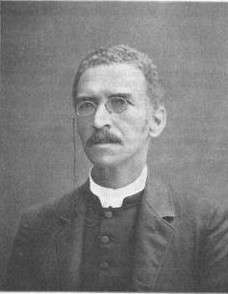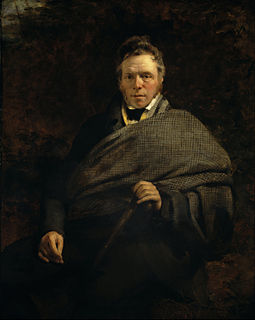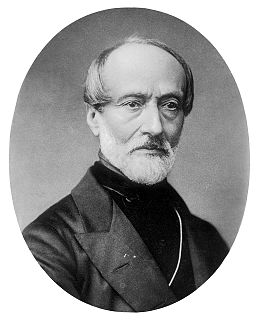A Quote by Francis James Grimke
When the U.S. Government shows a proper appreciation of the services of the Negro who has never failed it in every crisis of its history to do his whole duty, to shed his blood freely in its behalf . . . then, and not till then, will I be heard.
Related Quotes
When I know that Christ is the one real sacrifice for my sins, that His work on my behalf has been accepted by God, that He is my heavenly Intercessor - then His blood is the antidote to the poison in the voices that echo in my conscience, condemning me for my many failures. Indeed, Christ's shed blood chokes them into silence!
And there you see the distinction between our feelings: had he been in my place, and I in his, though I hated him with a hatred that turned my life to gall, I never would have raised a hand against him. You may look incredulous, if you please! I never would have banished him from her society as long as she desired his. The moment her regard ceased, I would have torn his heart out and drank his blood! But, till then - if you don't believe me, you don't know me - til then, I would have died by inches before I touched a single hair on his head!
If you teach the Negro that he has accomplished as much good as any other race he will aspire to equality and justice without regard to race. Such an effort would upset the program of the oppressor in Africa and America. Play up before the Negro, then, his crimes and shortcomings. Let him learn to admire the Hebrew, the Greek, the Latin and the Teuton. Lead the Negro to detest the man of African blood--to hate himself.
Every man should write a brief history of his life: his parentage, his birth, his religion, when he was baptized and by whom, when ordained, what to, and by whom-give a brief sketch of all his missions and of all his official acts and the dealings of God with him. Then if he were to die and the historians wished to publish his history, they would have something to go by.
In agony unknown He bleeds away His life; in terrible throes He exhausts His soul. "Eloi! Eloi! lama sabachthani?" And then see! they pierce His side, and forthwith runneth out blood and water! This is the shedding of blood, the terrible pouring out of blood, without which, for you and the whole human race, there is no remission.
Every decision you need to make, every task you need to accomplish, every relationship you need to navigate, every element of daily life you need to traverse, God has already perfectly matched up with an equivalent-to-overflowing supply of His grace. If you don’t agree with that, then you either lack a proper appreciation for what you have, or you are doing things that you’re not supposed to be participating in right now.
A writer never forgets the first time he accepted a few coins or a word of praise in exchange for a story. He will never forget the sweet poison of vanity in his blood and the belief that, if he succeeds in not letting anyone discover his lack of talent, the dream of literature will provide him with a roof over his head, a hot meal at the end of the day, and what he covets the most: his name printed on a miserable piece of paper that surely will outlive him. A writer is condemned to remember that moment, because from then on he is doomed and his soul has a price.
When every fact, every present or past phenomenon of that universe, every phase of present or past life therein, has been examined, classified, and co-ordinated with the rest, then the mission of science will be completed. What is this but saying that the task of science can never end till man ceases to be, till history is no longer made, and development itself ceases?

































